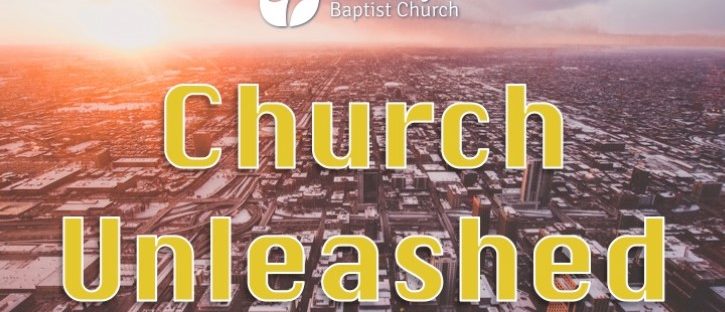Podcast: Play in new window | Download
Subscribe: RSS
“As they talked and discussed these things with each other, Jesus himself came up and walked along with them” (Luke 24:15)
Have you have ever journeyed with an unexpected stranger? In Luke 24 we read about two disciples who are accompanied by one “they were kept from recognising” (verse 16). He took interest in them and asked questions, as they discussed everything that happened prior to this journey – presumably the life and teaching of Jesus, as well as their experience of His death, crucifixion and missing body. He rebuked their foolishness and disbelief in verses 25-27 but was invited to stay with them regardless (verse 28). Perhaps they were concerned for His welfare? They certainly recognised something significant about Him and His heart burning Word (verse 32). Of course, this stranger was no stranger at all. He was their Friend, Master and King; the crucified and resurrected Lord Jesus. Eventually He was revealed to them, breaking bread and sharing it with them in a very familiar and symbolic act (verse 30). This story causes me to remember that Jesus walks with us, whether we recognise Him or not. He listens, even to our disbelief, and speaks words of life and truth. Recognise His presence with you today and listen for His heart burning guidance as you live for Him.




